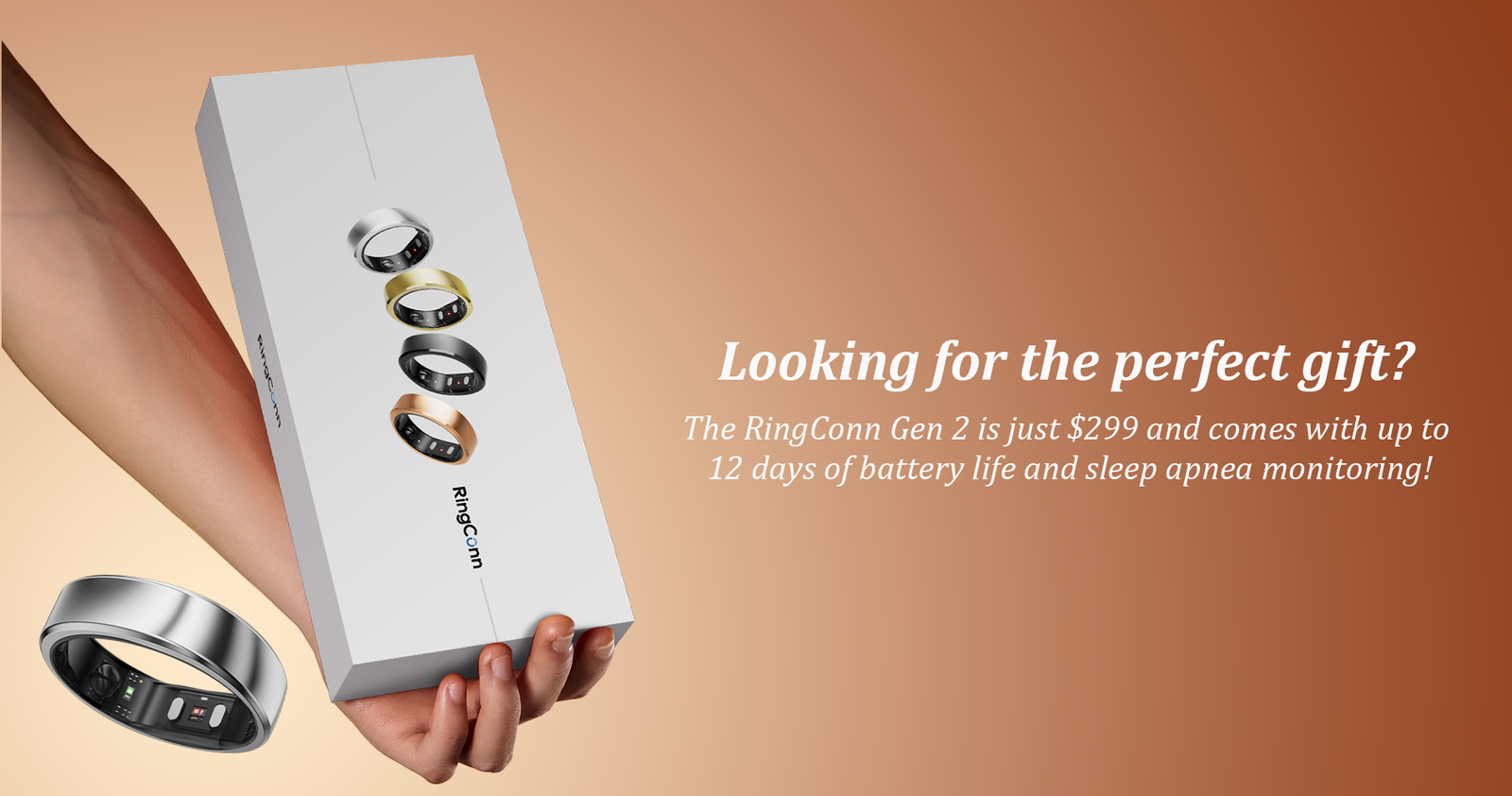Reading is often praised as one of the most effective ways to gain knowledge, drawing upon the insights and experiences that others have already discovered. But reading alone isn’t enough. The true power of reading lies not in the number of pages turned, but in how much we actually remember and apply from what we’ve read. The question then becomes: how do we read in a way that allows us to retain and use the information effectively?
Let’s explore several practical strategies to get the most out of every reading session — whether it’s a novel, an article, or a dense academic text.
Different Levels of Reading
Reading words on a page is something most of us mastered in childhood. Yet true comprehension goes far beyond simply recognizing words. To retain what we read, it’s essential to match our reading approach to the type of material and our purpose for reading it.
Not everything demands the same level of attention. Some books can be skimmed for a general idea, while others require a deep and thoughtful analysis. The book How to Read a Book identifies four distinct levels of reading, each suited to different goals:
- Reading to Entertain
This is the most basic level, often how we read fiction or light material. It’s pleasurable but typically doesn’t require much mental effort. - Reading to Inform
Here, we engage in a surface-level skim, gathering general information without delving too deeply. It’s useful for getting a sense of a topic without investing significant time. - Reading to Understand
At this level, the real work of reading begins. We engage deeply with the content, digesting complex ideas, analyzing arguments, and making connections. - Reading to Master
This highest level involves reading multiple sources on the same topic, comparing viewpoints, identifying contradictions, and ultimately forming a well-rounded perspective.
The key is to consciously choose the appropriate level of effort based on what you’re reading and why. Thoughtfully allocating your reading energy ensures better retention and more meaningful takeaways.
The Importance of Choosing the Right Material
An often-overlooked aspect of effective reading is the careful selection of what to read in the first place. In an age flooded with information, the challenge isn’t finding something to read — it’s filtering out the noise to find what’s truly valuable.
Much like trying to eat healthily in a house full of junk food, reading low-quality material makes it hard to gain meaningful insights. If you indiscriminately consume whatever is easily available, you risk filling your mind with forgettable content and, eventually, losing interest in reading altogether.
In today’s world, the allure of new books can be particularly deceptive. Shiny marketing campaigns and trendy topics often mask the lack of substance beneath the surface. While a few new books may become timeless classics, most quickly fade into obscurity.
Instead of constantly chasing the latest releases, consider turning to older books that have stood the test of time. The longevity of a book often reflects its enduring value. And if a book is worth reading once, it’s likely worth reading again. Revisiting great books can reveal new layers of understanding that you may have missed the first time.
Knowing When to Quit
Another essential skill for maximizing your reading effectiveness is knowing when to stop. Not every book deserves to be finished. Good writing typically draws you in effortlessly, offering valuable insights and engaging prose that propels you forward. Poor writing, on the other hand, feels like a slog — draining your energy without offering much in return.
Many people struggle with the idea of abandoning a book because of the ingrained belief that one must always finish what they start. But when it comes to reading, persistence isn’t always a virtue. Once you give yourself permission to quit books that aren’t worth your time, your reading life improves dramatically.
By quitting mediocre books early, you free up time and mental space to focus on the ones that truly enrich you. It’s often better to read one great book twice than to force yourself through ten average ones.
Forget About Reading Speed
In a world obsessed with productivity, it’s tempting to measure reading success by the number of books finished or pages read. But reading speed is ultimately a vanity metric. What truly matters is how much you absorb, reflect on, and apply from what you read.
Savoring a well-written book slowly, allowing its ideas to sink in and spark your own thoughts, leads to far deeper learning than racing through a pile of mediocre titles. The goal isn’t to impress others with statistics, but to genuinely grow from the knowledge you acquire.
Build a Simple Reading Habit
Continuous learning is essential for personal growth, and reading remains one of the most accessible and effective tools for lifelong education. Fortunately, building a reading habit doesn’t require a complicated system or drastic lifestyle change.
Start small. A simple goal like reading 25 pages a day can make a tremendous difference over time. That may not sound like much, but it adds up quickly, and more importantly, it allows you to develop the habit of consistent, thoughtful reading.
In Summary
Reading can be one of the most powerful ways to expand your knowledge and understanding — but only if you approach it with intention. By choosing high-quality material, adjusting your reading style to match your goals, knowing when to quit, focusing on absorption rather than speed, and establishing a simple daily habit, you can transform your reading from a passive pastime into an active, lifelong source of growth and insight.
In the end, it’s not about how much you read, but how deeply you engage with what you read — and how well you carry those lessons forward into your life.





